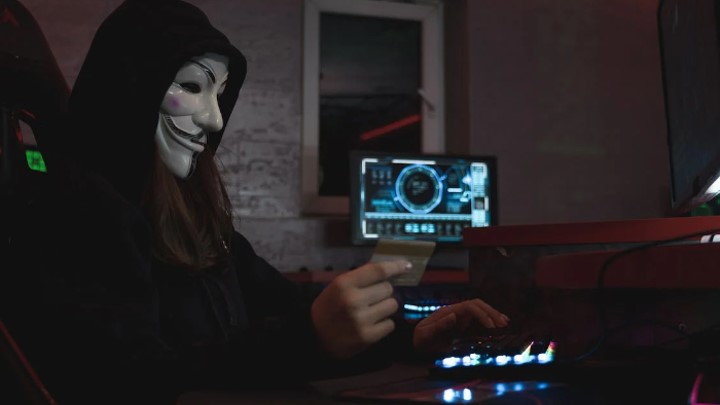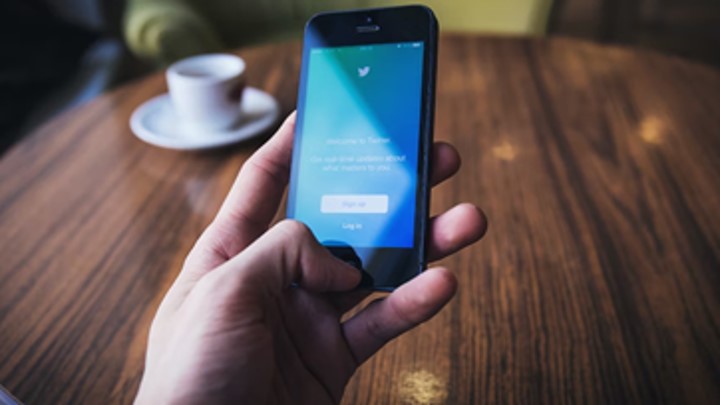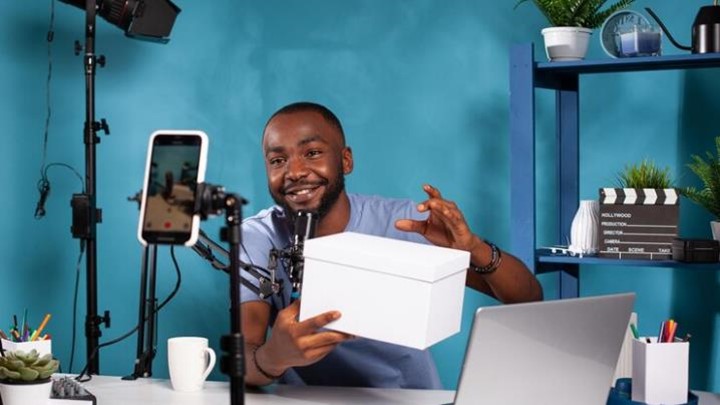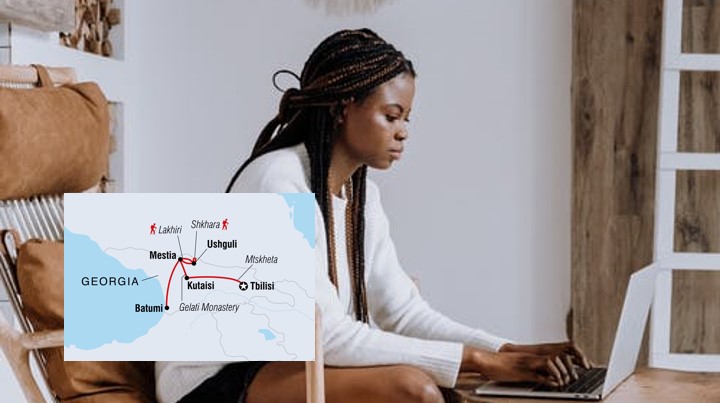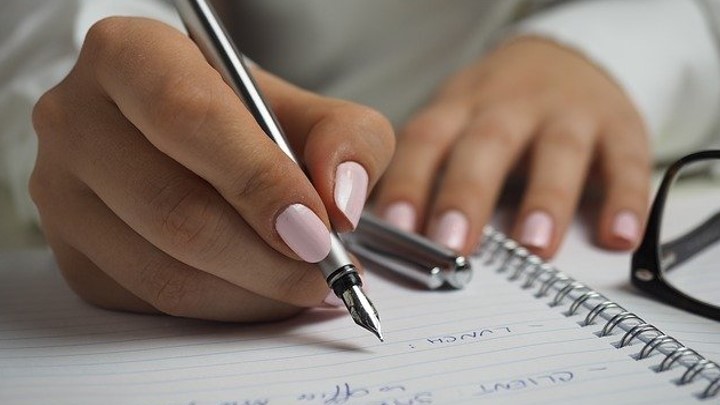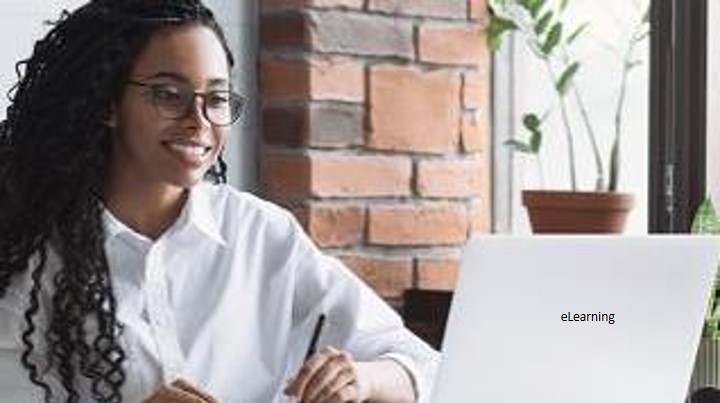Last Updated on April 22, 2023 by Uncle Pat Ugwu
Social media security awareness is urgently needed by everyone, especially our students. You might be aware that social media offers a superabundance of options to promote and extend personal and organizational brands. It provides a powerful type of communication that leverages the internet and may give any business a significant worldwide presence.
Because these social media platforms have billions of users worldwide, many firms see them as a critical tool for simultaneously engaging huge numbers of prospective prospects, customers, partners, workers, and advocates. This is important to digital literacy both in education and in business.
Unfortunately, people with bad intention has been using social media to bring difficult time to unaware users. They steal vital personal information, impersonate people, hijack accounts, and so on. Norton’s report on “Cyber Safety Insights 2021” states that 11% of users have deactivated their social media accounts to safeguard their online privacy.
This is why I am writing this post on social media security awareness to help you remain safe online.
Uses of Social Media
Social media are network-based platforms that enable users to converse, exchange information, and produce digital content. Microblogs, social networking sites, instant messaging, photo-sharing, video-sharing, podcasts, virtual worlds, and other types of social media sites exist.
So because of these numerous uses of social media, the monthly visitors of different users are on a steady rise. While many are there for business and learning, others are maybe there to catch fun and get entertained. But we must take social media security awareness seriously in order not to be victims.
Social Media Security Awareness
Now, let us look at the social media security awareness everyone should know.
1. Make Use of a Strong Password
The majority of human existence now takes place nearly entirely online, with our personal information protected by passwords. Choosing a more secure password will be advantageous. Remember that the longer your password, the more secure your social media accounts will be.
Always use a unique password for each account. In the case that one account is hacked, this stops easy access to other accounts. To handle several passwords and make sure they are difficult to guess, you can use a password management application.
2. Learn to Use the Privacy Settings
When using social media, privacy should always be a primary priority to you. Privacy settings are there for a purpose. Use it to control how your personal information is used online. You can even restrict ad companies that monitor your online behaviors.
Keep track of the security settings for social media platforms to make sure they are constantly up to date and at the highest level. Check our article on child online safety and protection for more guidance.
3. Be Aware of Impersonation
Another danger posed by social media is when a person or group attempts to pose as a well-known business or brand in order to deceive victims (workers or other people) into disclosing private information that may be exploited by social engineers to hack into systems and networks.
Brand impersonation may tarnish the reputation of the business or person being impersonated in addition to the harm it does to the victims who fall for such imitation acts.
4. Don’t Provide More than Required Info
It can be simpler for a thief or someone else to use your personal information to steal your identity the more you publish about yourself online. Because artificial intelligence can be used to monitor your pattern over time.
By requiring users to give two or more authentication factors in order to access an application, account, or virtual private network. 2-factor authentication serves to safeguard both individuals and organizations.
5. Check Whom you are Connecting With
We suggest that you choose your friends carefully and give requests some thought before approving them. It is best to decline someone’s request if you don’t know them because the account can be fraudulent.
Simply said, if you accept a request, the private photographs and information on your account are now accessible to your new buddy. I think it’s not a good idea to allow a complete stranger to see your social media account’s content or photographs.
Final Thoughts
Finally, social media platforms allow representatives of an organization and their fans to communicate by sharing information, exchanging comments, and producing content. Understanding social media security awareness will save both individuals and organizations from online security threats.
Teachers should include all these measures listed above as protective efforts for online and offline classroom teaching tips for their student’s safety. Please check our youtube channel for more digital literacy awareness talks.

